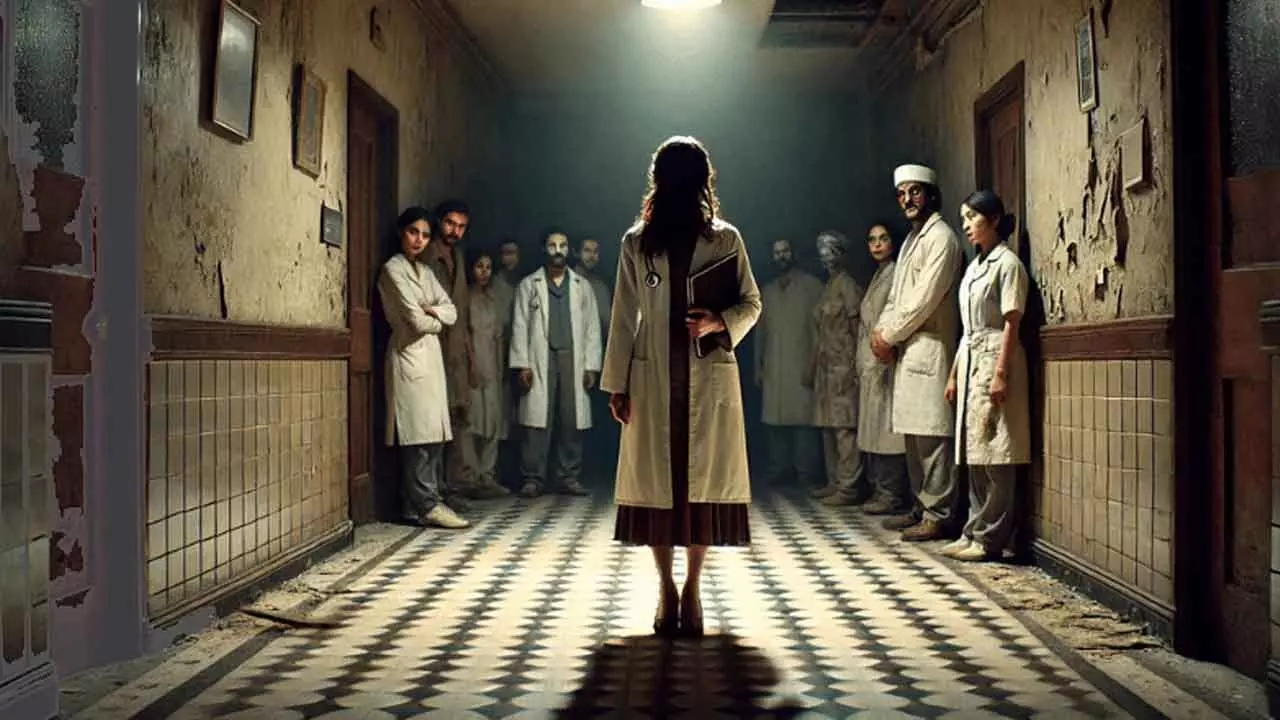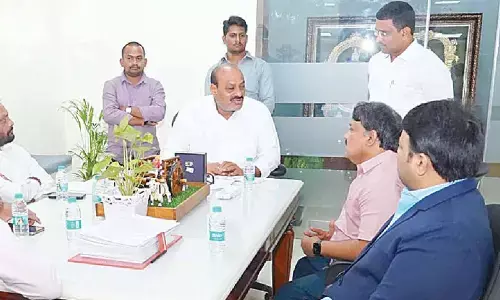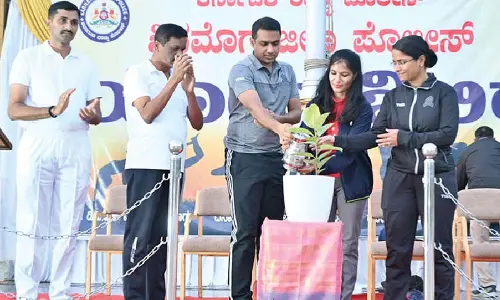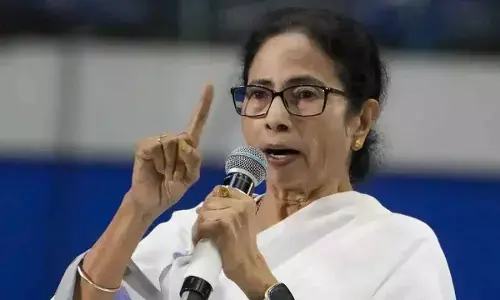Harassment, disrespect, absent amenities: Women medical staff in Pakistan face same harrowing issues as Indian counterparts
Share :

The horrific rape and murder of a trainee doctor in the state-run R.G. Kar Medical College and Hospital in Kolkata has ignited a furore over the working conditions and safety of women medical personnel in India, but the same harrowing issues - leering and groping colleagues, staff, and patients, stalking, inappropriate comments, lack of respect for their capabilities, and a marked lack of dedicated amenities - afflict their Pakistani counterparts also.
An online survey conducted on Dawn.com and its Dawn Images supplement, on their Instagram pages, found that 47 per cent of 988 female medical professionals reported feeling unsafe in both government and private hospitals. Of 932 respondents, 47.2 per cent said they had experienced harassment while on duty, and 67 per cent of 637 respondents said their hospital lacked a safe space to rest.
The sample size of the survey isn’t large enough to draw any major conclusions, but it does support what many women medical professionals reported about what it’s like to work at hospitals in Pakistan, Dawn Images said in a report.
That may go to explain why of 104,974 women medical graduates residing in Pakistan, 21,146, or around 20, are no longer part of the labour force, as per a report by Pakistan's leading research institution, it said.
Threats to woman doctors and nurses do not come from patients and visitors, but are sometimes internal, from within the hospital itself.
A recent study conducted at a Karachi-based hospital found that nearly 70 per cent of female surgeons in Pakistan had experienced harassment in the workplace. Women doctors and nurses from all four provinces, both in rural areas and in urban centres, shared their stories of harassment, ranging from catcalls, comments about their bodies, inappropriate jokes, and being touched.
One woman doctor revealed how in the middle of the night she received a message from an unknown number "complimenting my looks". More messages followed, detailing her exact location and describing what she was wearing. The messages became more frequent and she soon discovered they were sent by the head male nurse at the hospital. She did not file a complaint against him as she was told that he was favoured by the management.
Another doctor at a semi-private Lahore hospital reported that a resident doctor would make inappropriate comments to her. She initially ignored him, but soon it escalated into deliberate bumps and brushes, and creating situations in which they were alone.
In addition to these challenges, women in the medical field are subjected to invasions of privacy, with some even being filmed while on duty. A female nurse said: "I’ve been inappropriately touched by patients and disrespected by doctors. At first, I assumed the touches by patients were accidental, but a senior later told me otherwise."
"The most shocking moment was when I found inappropriate videos of myself on a 14-year-old boy’s phone."
Lack of separate, secure amenities is another problem. A female resident doctor at the National Institute of Cardiovascular Diseases (NICVD) in Karachi revealed how the facility had a common restroom shared between male and female doctors. "There is no separate room for women doctors to rest - only a single space shared by both genders. Male doctors and nurses often enter the room unannounced. Anyone resting in the room could be caught off guard," she said,
One day, when a male colleague was about to enter the room unannounced, she asked him to knock before coming in. Offended by the request, he created a scene, accusing her of doubting his intentions. The situation escalated into an argument, drawing a crowd before consultants and the administration intervened.
Apart from restrooms, there is a more concerning issue of shared washrooms. A general surgeon from Khyber Pakhtunkhwa said that while they had a designated bathroom for women, male attendants often used it.
Beyond inadequate facilities, female doctors in Pakistan also face rampant gender discrimination. One Islamabad-based doctor revealed that even when she examined a patient and expressed a diagnosis, families wouldn’t accept her conclusions until a male doctor confirmed them. "My gender takes precedence over my capabilities as a doctor. It’s just a cultural thing," she said with a sigh.
“It doesn’t matter if you’re a doctor there to serve people, if you’re wearing a burqa, a lab coat, socks with shoes, and a mask on your face; if you have a woman’s body, you will be leered at, touched, and made to feel uncomfortable," a doctor who served in a Karachi hospital, told Dawn Images.














